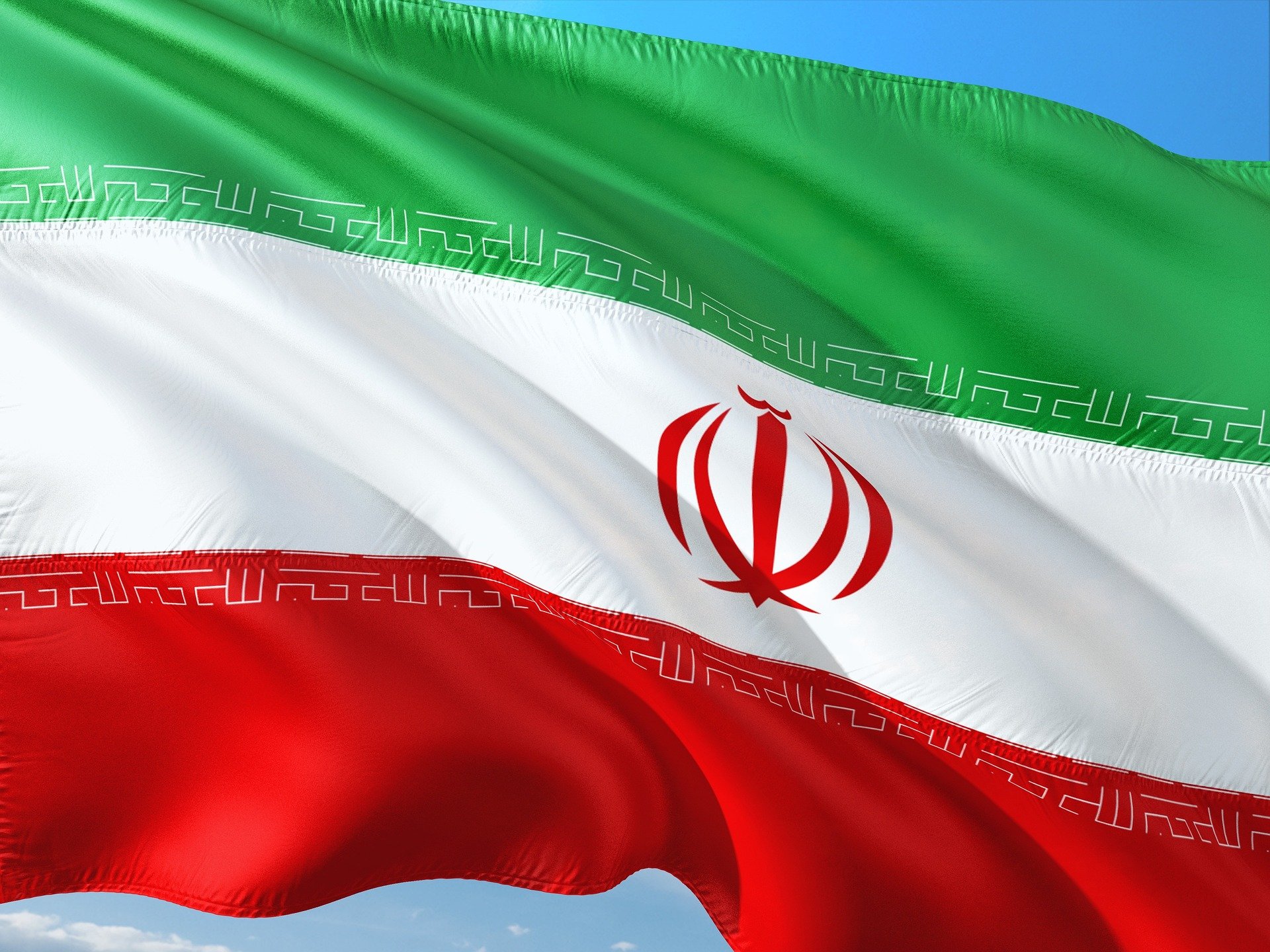Historic Visit: Afghan Taliban Foreign Minister to Visit India
In a significant diplomatic development, Afghan Taliban Foreign Minister Amir Khan Muttaqi is scheduled to visit India between October 9 and 16. This marks the first visit by a senior leader of the Taliban-led Afghan administration since they seized power in 2021. The visit follows a temporary lifting of a UN Security Council travel ban on Muttaqi.
Background and Context
Delhi and Kabul have historically enjoyed close ties, but relations have been strained since the Taliban's return to power. Muttaqi is among Afghan Taliban members under UN sanctions, including a travel ban and asset freeze, although temporary exemptions are sometimes granted for diplomatic purposes. This visit signifies a potential shift in India-Taliban relations.
Details of the Visit
According to reports, Muttaqi's agenda in India includes discussions on future bilateral ties, counter-terrorism efforts, and trade. India's foreign ministry spokesperson indicated that New Delhi has been in communication with the Afghan administration and has provided support following the recent earthquake. Prior to visiting New Delhi, Muttaqi is expected to travel to Moscow to participate in discussions with representatives from Russia, China, Iran, Pakistan, India, and Central Asian countries.
Significance of the Visit
Hekmatullah Hekmat, an Afghan political analyst, emphasizes the importance of this visit for the Taliban government. "Afghanistan is in dire need of establishing relations with regional countries, especially its neighbors. It needs to build political, economic, and trade ties and to gain recognition." Only Russia has formally recognized the Taliban government so far. India closed its embassy in Kabul in 2021 but reopened a technical mission in 2022 to coordinate humanitarian assistance.
India's Stance and Humanitarian Aid
India has traditionally maintained a cautious approach toward the Taliban. While India hasn't officially recognized the Taliban government, it has provided substantial humanitarian aid to Afghanistan. This includes shipments of wheat, medicines, vaccines, and other essential supplies. This visit could pave the way for further engagement and cooperation on various fronts.
Key Areas of Discussion
- Bilateral Cooperation
- Trade Exchanges
- Dry Fruit Exports
- Healthcare Facilities
- Consular Services
- Port Access (Chabahar Port)
Potential Impact on Regional Geopolitics
The visit is seen by some analysts as a diplomatic shift that could have implications for regional geopolitics. The engagement between India and the Taliban administration might reshape regional dynamics. It potentially diminishes Pakistan's influence in Afghanistan and offers India an opportunity to protect its interests and counter terror threats. External Affairs Minister S Jaishankar has previously engaged with Muttaqi and has welcomed the Taliban's condemnation of terror attacks, indicating a willingness to engage on matters of mutual security concern.
 Visit the website
Visit the website





